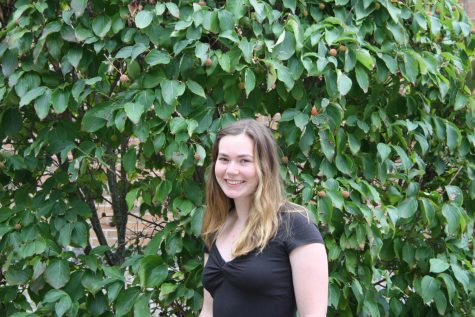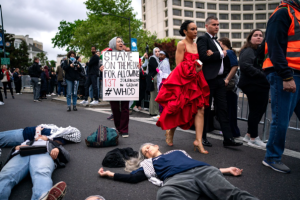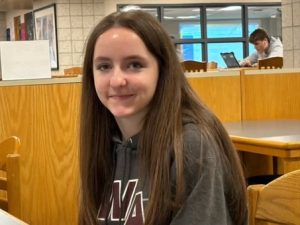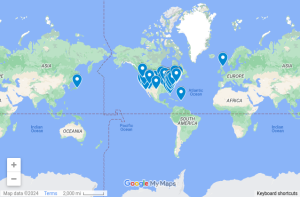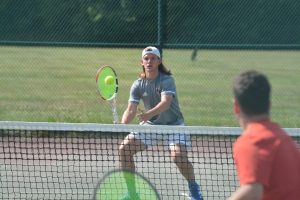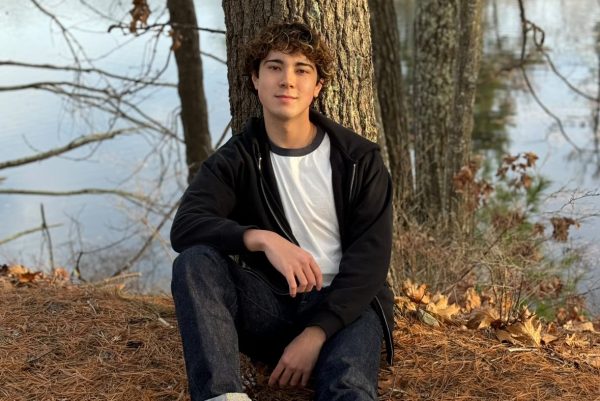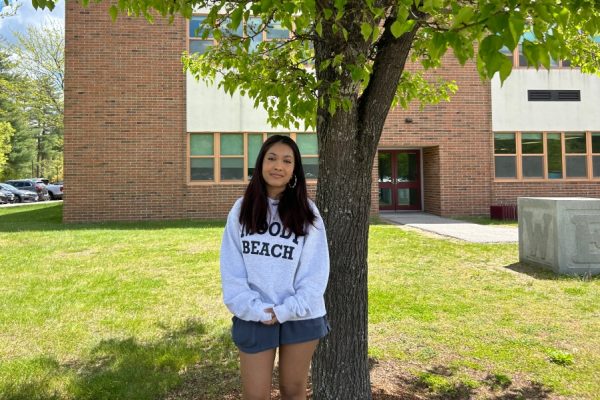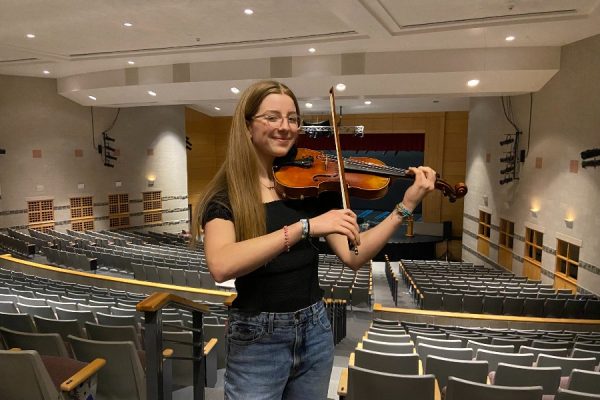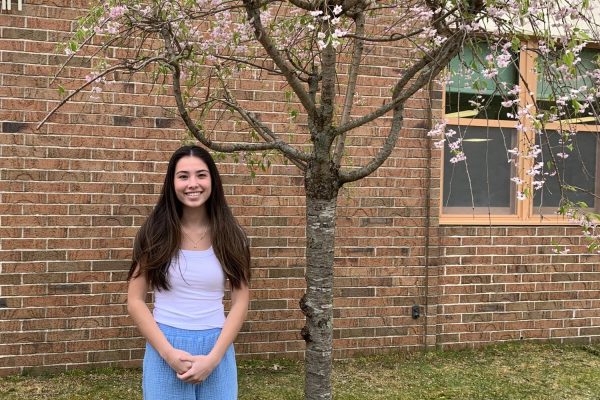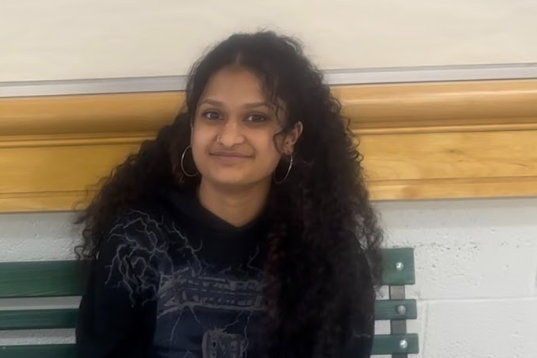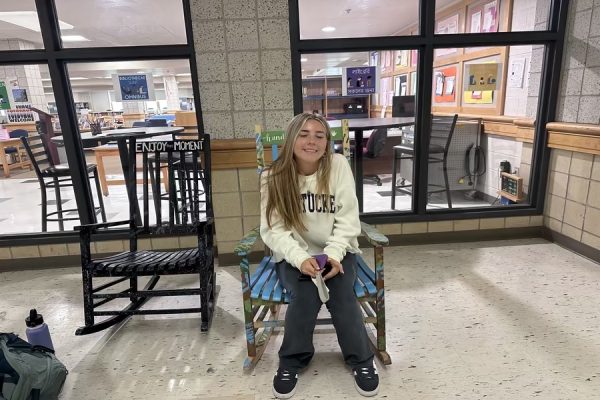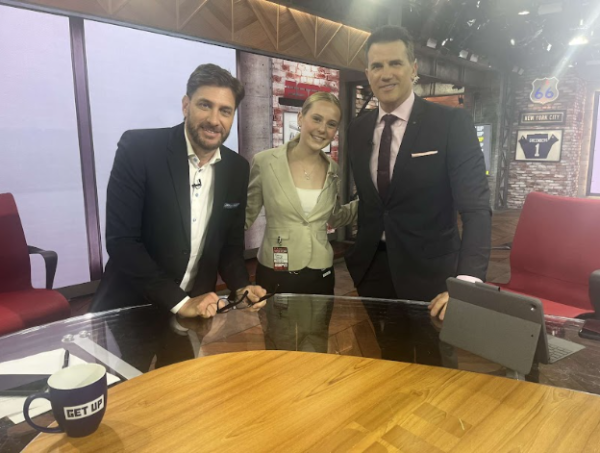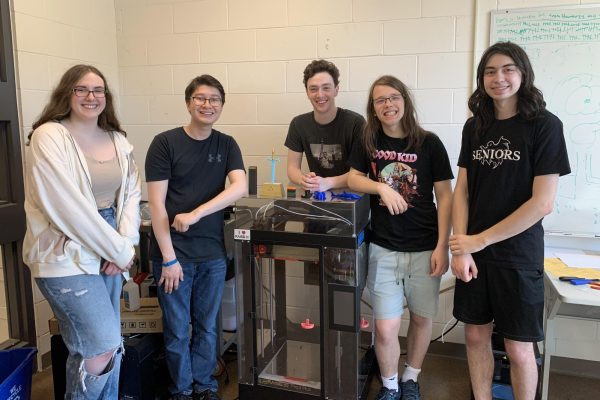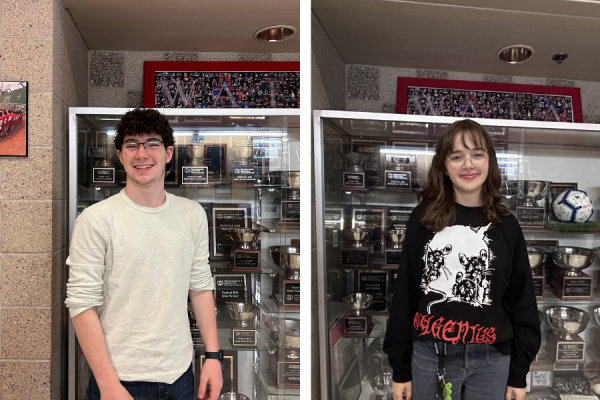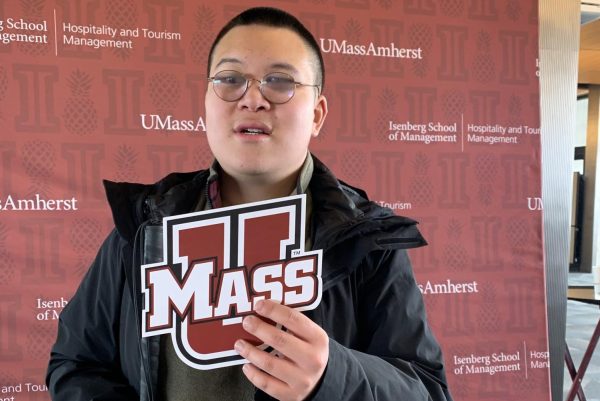WA takes actions towards inclusivity
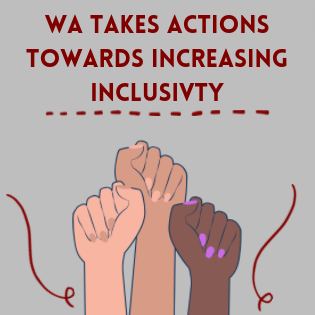
Image Created by Sara Zukowsky
WA takes actions towards inclusivity.
March 25, 2022
In light of recent events that have occurred at Westford Academy, various school community groups have been working towards making WA a more inclusive environment for students.
WA’s ADL organization has been around for five years working to combat hateful speech and actions while also creating a space that does not tolerate bias.
ADL is run by juniors and co-presidents Sophia Keang and Merry Kotary, social media manager Sharayu Tekade, and outreach coordinator Rhythm Arora. The club is advised by English teacher Kim Hart and history teacher Beth McGregor, both of whom began advising ADL this year to prevent it from being cut due to budget situations.
“There were questions about whether or not ADL could continue if no one stepped in as the faculty advisor. So Mrs. McGregor and I, independent of one another, thought it was an important organization to keep running because of the work it does,” Hart said.
Some of the work includes becoming trained to lead conversations in advisories or classes. The training was shut down for the past few years due to COVID-19, so until next year when training can run again, they are working on a panel to explain who and what they are. The ADL is working with the Human Rights Club and the Gay-Straight Alliance (GSA) Club to create this panel, which is set to occur during the last advisory of the year. The goal is to help students understand the usefulness of organizations like ADL and how people can become involved.
“Right now, we’re working on a panel of different groups of people who can represent diversity in WA. People can ask any questions related to ADL or anything one may feel uncomfortable talking about, so we’re considering making it anonymous,” Kotary said.
The event, which is being held for the freshman and sophomore classes, will allow students to submit any questions they have during the second to last advisory. Panelists, including juniors, seniors, and WA alumni will answer questions about topics regarding racism, bullying, bias, and any other subjects that arise from the conversation. The panel, which will occur during the last advisory of the year, is an effort to continue the conversation of racism in the WA community. These discussions became more prominent after the Wayland basketball game incident. Principal James Antonelli sent an email out on Friday, March 18 to inform students and parents how the administration is directly responding to the incident.
“While I am unable to share specific disciplinary actions, please know that there were consequences for the students who were directly involved in taunting the student-athlete from Wayland. This taunting is being discussed across the Dual County League. In addition, other spectators that were present at the game met with Dr. Michele Shannon-Mingo to discuss the difference between being an upstander and bystander,” Antonelli wrote.
An apology letter sent by athletic director Jeff Bunyon and Antonelli went out to the player and another will be sent from the students directly involved. Further, the student and athletic handbooks will be reviewed this spring to determine disciplinary outcomes should anything like this happen again. Coaches are also having meetings to review expectations for players.
“We had a real pause because of the pandemic. We were about to get students trained and we’re going to go back to that. I want to look at some of the language used in our handbooks and make it more in line with other DCL schools. We’re also talking about some stricter guidelines for spectators,” Antonelli said.
In an effort to increase upstanders in sports, Antonelli and Bunyon will be meeting with captains prior to each season, where they will sign a pledge to not be a bystander. The spring athletic teams are also having a mandatory Implicit Bias Training Class on Monday, March 28 prior to the start of their season.
Other solutions being proposed are to have more guest speakers talk to students, have more large class meetings such as the discussion during A block on Monday, March 14, edit the calendar for next year to include more diverse celebrations, and include more student opinions on how to be more diverse.
Antonelli is also purchasing canvases and paints for students to make positive tapestries for WA. He is also encouraging students to come to him with any opinions or ideas for improvements.
“There are other ways we can approach this and this is about you folks. This is your school and we are all ears. So if there’s something that you think we can do, bring it to the table,” Antonelli said.
Other actions following the Wayland basketball game included the conversation during A Block after administration went to Hart and McGregor to ask them to start this discussion.
“After the Wayland basketball game, the administration and the faculty realized that they wanted to follow up somehow. In figuring out how to follow up and how to involve all students in the conversation, Mr. Antonelli asked Mrs. McGregor and I to come up with a plan. Independent of the ADL, but part of this DEI committee, we came up with this Monday activity that the whole school could be involved in,” Hart said.
According to Hart, the goal of the activity was to see a better sense of students’ experiences with bias in WA. It was also an opportunity to give students a voice if they don’t normally feel comfortable speaking up.
“I was happy to see how many folks indicated that they have not seen or experienced racist or homophobic behavior. I was equally as surprised by how many people have and some of the things that were described,” Hart said.
Not only was the DEI committee able to understand student opinions more, but they also were able to increase the conversations about race happening.
“My hope is that more people get comfortable having uncomfortable conversations. I think it’s hard for teachers and students sometimes to address these issues. They’d rather just look the other way and hope they disappear on their own. But I’m hoping we can nourish a culture where people address the problem in the room,” McGregor said.
While some students did not find value in the activity because of DLTs or poor conversations, a majority of the feedback was positive. Even if students had an uncomfortable or negative conversation, simply by having this conversation, WA is making progress according to Hart.
“The fact that the administration and the faculty created a space to step away from the curriculum for a minute and give students a chance to talk about these things was valuable,” Hart said.
There is still a lot of change that needs to happen at WA and faculty and admin want to hear students’ ideas. Antonelli encourages anyone who has a thought or opinion to share it with him.
“Even though something negative happened, I think something really positive can come from it,” Antonelli said.

